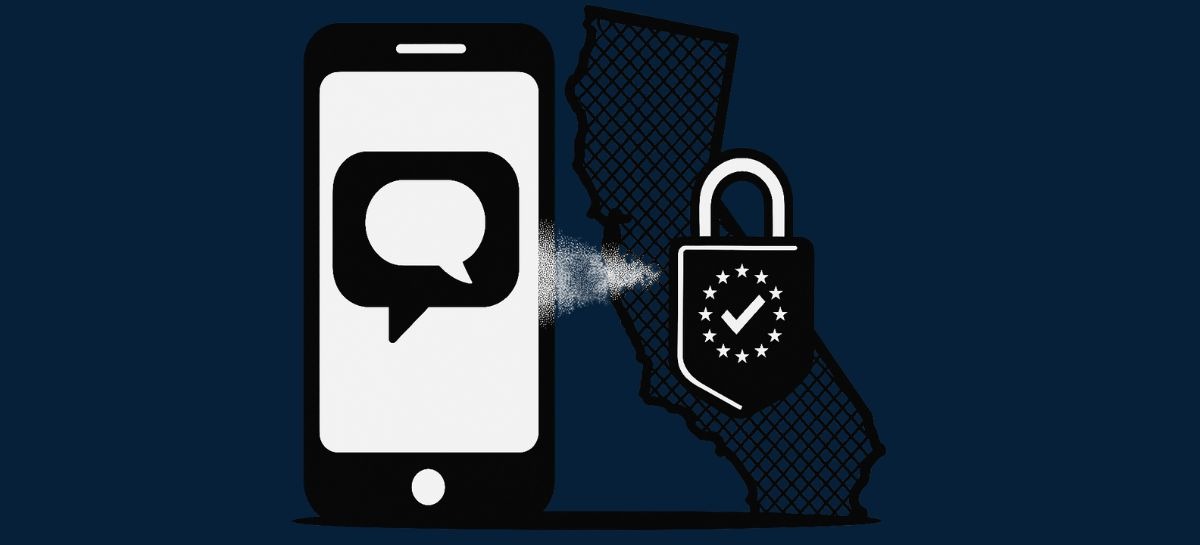
By Tyler Katzenberger
Ed Howard, a lawyer and policy advocate at the University of San Diego Children’s Advocacy Institute (which is sponsoring SB 771), told POLITICO that Pratt’s claims about the bill are “180 degrees from what the bill does.”
[ . . . ]
Howard said SB 771 only punishes platforms if their content delivery algorithms (i.e. TikTok’s “For You” page) promote posts that aid or abet hate crimes, including imminent threats of hateful violence or harm — speech he said isn’t protected under the First Amendment. The standard is rooted in California civil rights laws, which prohibit discrimination based on race, sex and other characteristics.
“The most offensive, the most salacious, the rudest, the most inflammatory speech, all of that is protected,” Howard said. “None of that is covered by SB 771. It is only when speech is transformed into the kind of threat that would prevent you from speaking.”
Still, Stern’s bill could be ripe for a lawsuit, nor would it be the first California social media measure to be challenged in court. Ashkhen Kazaryan, a First Amendment legal scholar at Vanderbilt University, told POLITICO that Stern’s attempt to regulate algorithm design instead of content moderation practices comes with its own free speech concerns.
“You can’t hold a bookstore liable because it displayed a controversial book in the front window, rather than leaving it in the back, right?” she said in an interview. “[SB 771] stretches civil rights laws to penalize platforms.”
Kazaryan said she was “very confident” the bill would draw a court challenge. “I’m not a betting woman, but I believe that under the current precedent that is established in the Ninth Circuit, this law would be unconstitutional,” she added.
Ashkhen Kazaryan is a Senior Legal Fellow at The Future of Free Speech, where she leads initiatives to protect free expression and shape policies that uphold the First Amendment in the digital age.

